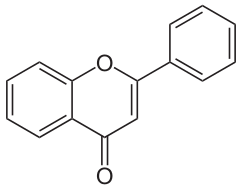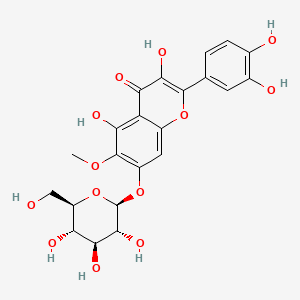Flavenoids and Anthraquinones - Dye Structures
So, someone asked a question. It was a good question.
It had to do with natural dyes and flavonoids, and how they compare to anthraquinones.
“What?” some of you are no doubt querying.
Anthraquinones are a common structure for acid dyes to be based off. Flavonoids are a common structure for some natural dyes.
So here’s the most basic structure of an anthraquinone:

And here’s the most basic structure of a flavenoid:
You can see, they’re pretty similar. Big difference is that the phenol rings (the hexagons) have a linker in flavenoid, and not in the anthraquinone. As you get more complicated, that starts to seem a little less important.
One important thing to note here is that these basic structures make the chemical colored, that’s actually the most defining feature of a dye chemical. The “dye” aspect is usually added on after the fact, or if it’s a natural dye, is a lucky chance addition for the dyer.
Here are some simple-ish anthraquinone dyes:

Acid Blue, Vat Violet, the dye that makes your gas blue, and Disperse Red
These are dyes made synthetically, but the colors from lichen, fungi, rhubarb, buckthorn, and senna are all anthraquinone colors as well.
Here’s an example of a far more complex flavenoid dye. This is marigold dye, “patulitin.”
And here’s a few flavenoid colors…
Luteolin, the yellow from weld:

Quercitin, the yellow from onions (and part of the color from oak and tea):

Which is all a very long, roundabout way to say that structurally they are very similar. Most of the natural dye flavenoids are in the yellow/orange range (but not universally so), while the anthraquinones are mostly in the blue range (but not universally so). The main difference between them as DYES, is that with most flavenoids you need a mordant in order to serve as a linker to bind it to the fiber, while most anthraquinone dyes are synthesized with an acid moiety like a sulfate or the like. But the natural ones (aforementioned lichen, etc) will need a mordant, just like the flavenoids.
Hope that answers your question!

